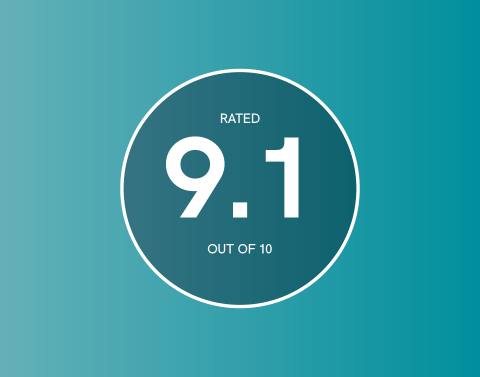How often have you heard the phrase “they’re a born leader”?
How do we define a great leader? Is it someone who empowers others? Someone who cuts through the noise to offer a solution? Someone who inspires their team to learn, grow and strive to be better? Perhaps their ability to translate a vision into reality?
Effective leadership will mean something different to each and every one of us but we’ve put together the 5 essential qualities we believe define a great leader:
1. Influential
Leaders have the ability to influence with authority and finality. They anticipate resistance to change but are consequently able to understand and manage the reactions. To be a great leader, it’s key to influence others to follow their vision and support key decisions; an influential leader will work to remove obstacles preventing the team/business from implementing these. All leaders can get people to achieve, but influential leaders consistently encourage people to achieve.
2. Empathy
Great leadership is the ability to place other people’s needs before your own. Empathy – the ability to recognise and share other people’s feelings – is the most important instrument in a leader’s toolbox. Instilling a sense of empathy in how you lead your team offers a number of advantages; it encourages great leaders to understand the reason behind poor performance, help employees to excel and build strong relationships.
3. Accountability
It’s easier for managers to assign blame to their team rather than hold themselves accountable. Accountability is the sign of a great leader; taking responsibility for their team’s mistakes shows strength of character in taking the steps to make it right. Great leaders don’t hide behind their team, they are at the forefront accepting responsibility for errors and pledging to do better. It’s also important for leaders to take responsibility for the good results produced and giving credit to their team. No business can prosper and succeed until its leaders step up and take accountability for results – good or bad.
4. Confidence
Self-confidence is a vital ingredient in the great leadership recipe. Having the confidence to commit to major decisions and business goals is part of bold leadership; inspiring confidence in both their team and the wider business will help set the course for a positive future direction.
5. Optimism
Optimism in leadership is the foundation of progress. When a leader is optimistic about the organisation’s vision and their team’s future successes, they radiate positivity, draw people to them, give much more energy and make people want to work for them. Great leaders have a transforming effect on their team; they are able to achieve outstanding performance and encourage others to see how things can be done better.



